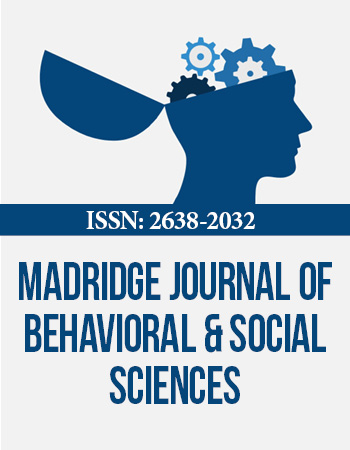International Conference on Alzheimerʼs Disease & Associated Disorders
May 7-9, 2018 Rome, Italy
Can We Currently Slow Down the Progression of Alzheimerʼs Disease?
Brighton and Sussex Medical School, United Kingdom
Currently there is no cure for Alzheimerʼs disease and available pharmacological treatment is at best symptomatic and does not work for everyone. Further, all randomised clinical trials testing disease modifying treatments have failed although many anti-amyloid and anti-tau drugs are still in phase II and III phases clinical trials. This talk will first concentrate on available treatments and will assess whether memory enhancersʼ use is being currently optimised for patients. In recognition of the limitations of current treatment, the talk will then systematically assess non-pharmacological interventions in patients already diagnosed with Alzheimerʼs disease to assess whether there is any evidence of efficacy. The evidence presented will be obtained from systematic reviews as well as the speakers group own work in exercise, diet and bilingualism (as a measure of cognitive reserve). Non-pharmacological interventions discussed will include exercise, diet, social networks, bilingulaism and sleep.
It may be possible that by maximising currently available treatments and enhancing life style interventions for patients with mild to moderate Alzheimerʼs disease that we may be able to improve the health and the quality of life for patients and at least slow down some of the disturbing associated symptoms.
Biography:
Naji Tabet is a Reader at Brighton and Sussex Medical School, United Kingdom and an Honorary Consultant in Old Age Psychiatry. His clinical and research interests and expertise are in the field of dementia. He and his team are investigating non-pharmacological interventions, lifestyles factors and co-morbid physical illnesses in relation to disease progression.Current research includes areas such as sleep, bilingualism, diet and exercise in dementia. Tabet has also been the Chief and Principal Investigator on nearly 30 Phase II-IV pharmacologically sponsored clinical studies assessing new treatment and diagnostic modalities in dementia disorders.


